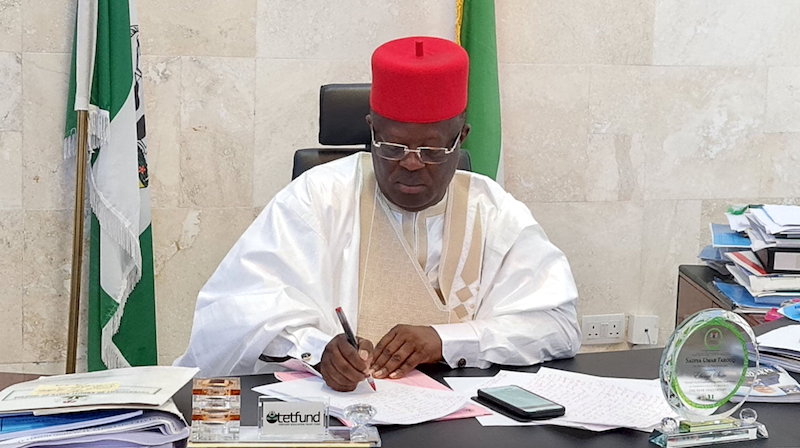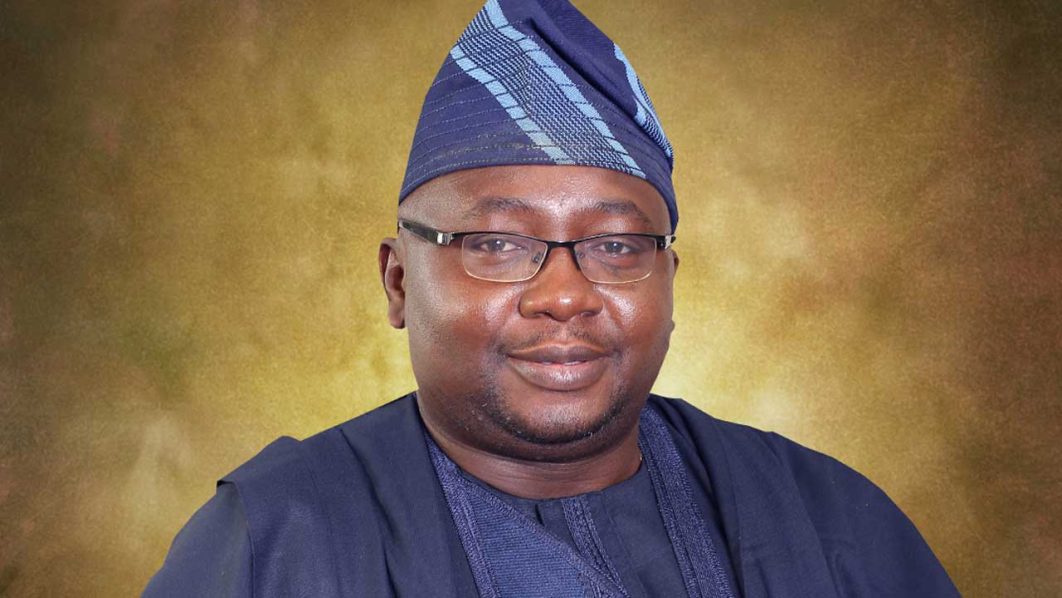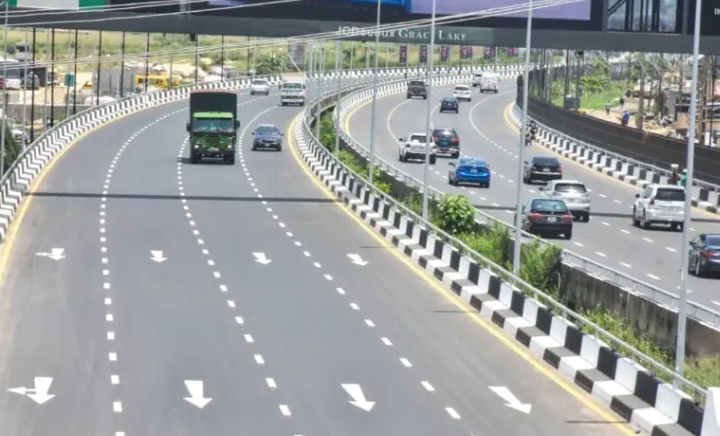The Federal Government has pledged its commitment to implementing the End-of-Life Vehicle (ELV) Regulation. This aims to protect the environment and transform waste into economic opportunities.
Minister of State for Industry, Trade and Investment, Sen. John Enoh, made this known at a stakeholders’ engagement organised by the National Automotive Design and Development Council (NADDC) on Wednesday in Lagos.
He stated that Nigeria has the potential to develop a multi-billion-dollar industry from waste, creating a vast and valuable economic chain.
“I don’t think this sector will be sidelined. Instead, it will be empowered. If we establish it now, we will have waste collectors and green entrepreneurs.
“A sector worth about 60 billion dollars globally is growing, and Nigeria cannot afford to be left out. Considering our circumstances, we must take a central role.
“Of the 500,000 vehicles imported into Nigeria annually, about 400,000 are used. This leaves the country highly exposed to environmental hazards.
“This waste is inevitable. It is crucial that we adhere to this regulation, which is designed to protect our environment from the dangers posed by ageing vehicles.
“In today’s world, waste is no longer just waste; it is an untapped resource. Used vehicles are no longer discarded but repurposed to create value,” he said.
The minister praised NADDC Director-General Joseph Osanipin for his dedication to advancing Nigeria’s automotive industry.
“We must move beyond mere discussions. We need results and immediate action. I commend the DG for his efforts, which are truly commendable.
“Today officially marks the implementation of the ELV regulation. I urge industry players, government agencies, and the public to work together for its success.
“We must unite to build a cleaner, safer, and more prosperous Nigeria. This initiative will improve public health and overall well-being.
“I commend everyone involved. This sector is vital. In the past, we only paid lip service to it, but now is the time for action,” he said.
Experts, including Dr Fyneray Mbata, Mr Idowu Oresanya, Dr Chimere May, and Dr Kemjika Ajoku, presented papers on ELV’s environmental impact and scrap industry transformation.
In his welcome address, Osanipin expressed appreciation for stakeholders’ support in making ELV a reality.
“Today is a significant milestone in our journey towards a sustainable and environmentally responsible automotive sector in Nigeria.
“We are officially launching the ELV regulation, a framework designed to tackle the challenges posed by ageing vehicles.
“Nigeria’s automotive industry is evolving rapidly. We must adapt to these changes by aligning with emerging technologies and modernising our approach.
“We aim to increase the number of vehicles and locally produced components. However, this growth will also lead to more waste reaching the end of its lifecycle,” he said.
Osanipin highlighted that implementing the ELV regulation would create jobs and wealth for at least 40,000 Nigerians.
“This initiative promotes a circular economy, generates employment, and fosters technological innovation.
“We anticipate the creation of 40,000 direct and indirect jobs, alongside recycling valuable materials and generating substantial revenue.
“With this regulation, we will protect the environment and improve road safety. Today’s engagement reflects the collaborative spirit necessary for success.
“We are here to work together with all stakeholders,” Osanipin said.







